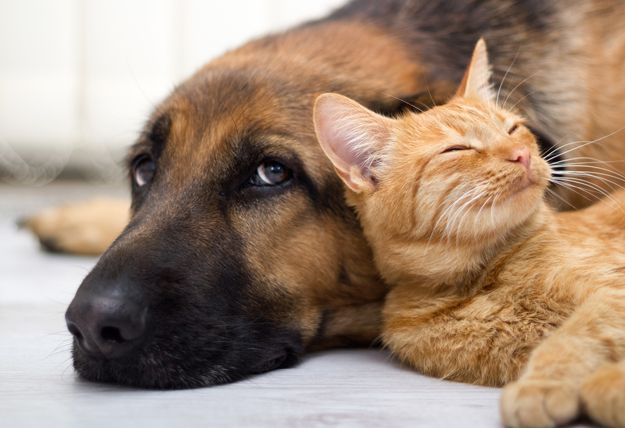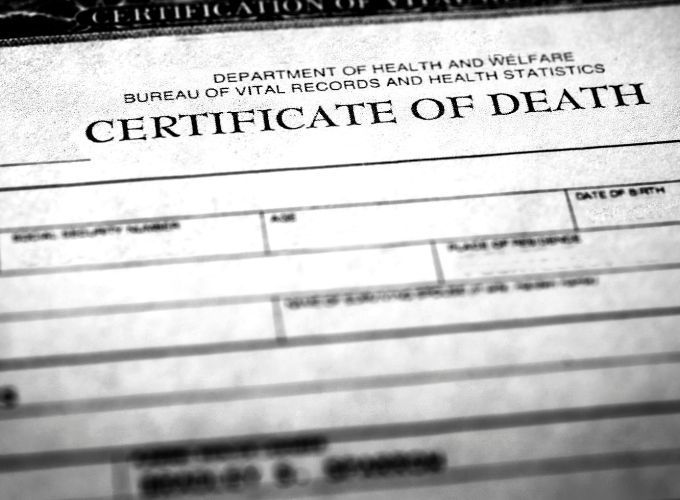Articles Of Interest
Grieving the Loss of a Pet
Pets are such a special source of friendship, joy, unconditional love and companionship.

By Patti Anewalt, Grief Counselor, Pathways Center for Grief & Loss
As a grief counselor, I’ve listened to many people grieving the death of their pet. Sometimes the loss of a pet is your last connection to your loved one who also died. Perhaps the companionship of your pet helped offset loneliness after the death of a loved one.
Often a lot of guilt is associated with deciding to euthanize a pet. Others don’t understand and might encourage you to get another pet, long before you feel ready. In a survey conducted by Honest Paws, a manufacturer of holistic pet products, 68% of respondents said grieving the loss of their pet was more difficult than the death of a family member or friend. Another 17% said pet loss was equal to that of a family member or friend.
Consider some of the following suggestions:
- Know and accept that your functioning won’t be up to par – you have lost an important, integral part of your life.
- Consider having a small ceremony in memory of your pet. Invite family and friends and share favorite memories.
- Keep a journal or perhaps write out your feelings of loss in a letter to your pet.
- Keep some mementos in your home or yard as a place you can visit to think about your pet.
- Maintain your routines - if your pet was a dog that you walked regularly, keep up that routine and reflect on the walks you shared.
- Recognize your feelings as they arise and seek out others who are sympathetic and willing to listen.
The love your pet had for you was unconditional. That’s something precious and difficult to find. Pets are such a special source of friendship, joy, unconditional love and companionship. Jon Katz, author of Going Home: Finding Peace When Pets Die believes a pet’s legacy and purpose is to help us be better human beings. You won’t ever forget a pet who gave you so much to remember. Treasure that gift!
The Pathways Center for Grief & Loss offers many grief programs, including Pet Loss Workshops. To learn more visit - https://www.hospiceandcommunitycare.org/grief-and-loss/.











